Question And Answer
Publications
Articles, publications, books, tools and multimedia features from the U.S. Institute of Peace provide the latest news, analysis, research findings, practitioner guides and reports, all related to the conflict zones and issues that are at the center of the Institute’s work to prevent and reduce violent conflict.
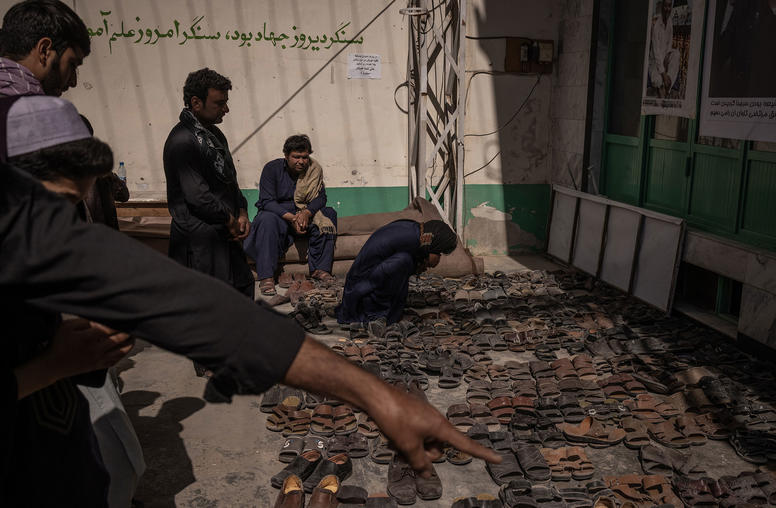
Four Ways the U.S. Can Help Prevent Mass Atrocities in Afghanistan
Following the Taliban’s August 2021 takeover, the risk of mass atrocities in Afghanistan has risen considerably, with multiple groups facing imminent threats of violence.
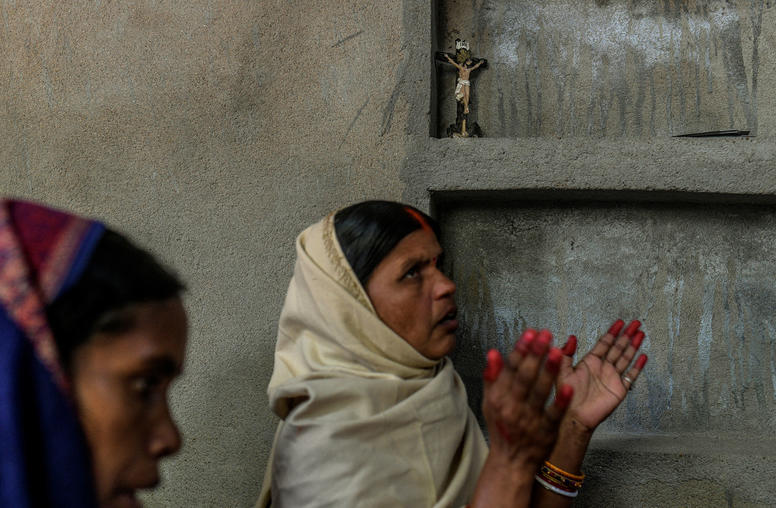
A Ripe Moment for Building Peace by Promoting International Religious Freedom
In late June and early July, two global convenings will highlight challenges to international religious freedom and the search for solutions: the IRF Summit for nongovernmental organizations and the International Ministerial Conference on Freedom of Religion or Belief. These timely gatherings will bring together government representatives, activists and faith leaders from different religious, regional and political backgrounds to discuss a common goal of ending persecution. Two keys for their success will be creating diverse coalitions to advance international religious freedom (IRF) in a nonpartisan manner and linking the issue to broader concerns about peace and stability.
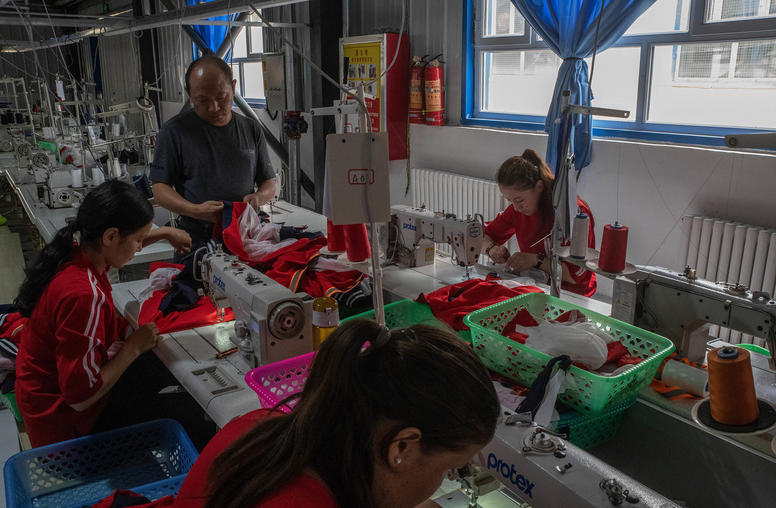
How Documentation Is Critical to Exposing China’s Abuses of the Uyghurs
This month, U.S. companies are scrambling to comply with the Uyghur Forced Labor Prevention Act (UFLPA) that went into effect three weeks ago, ensuring they have no goods in their supply chains made through the forced labor of China’s Muslim Uyghur minority. Here we see an important example of how far efforts have come to document abuses against Uyghurs and other minorities in China’s Xinjiang Uyghur Autonomous Region (XUAR). Documentation efforts including journalistic reporting, investigative work by human rights researchers, and the collection and preservation of witness testimony by NGOs have each played an important role in exposing abuses and linking them to official responsibility in China, laying the foundation for countries like the United States to respond with concrete policy changes such as the UFLPA.
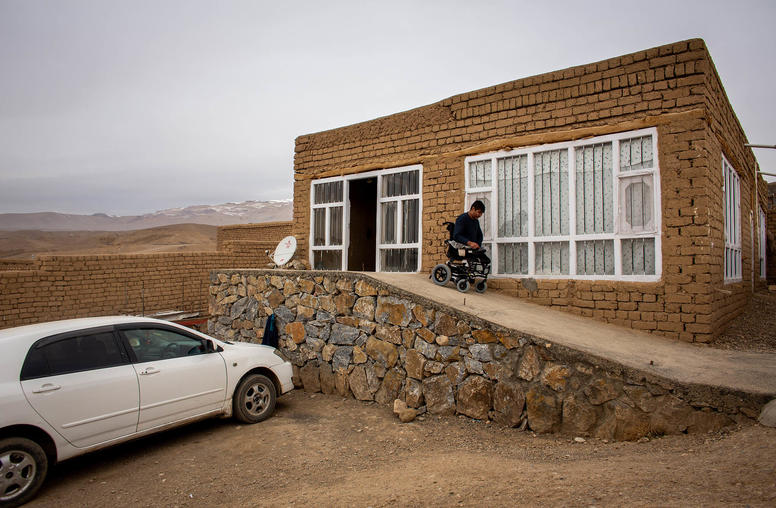
The Role of Accessibility and Funding in Disability-Inclusive Peacebuilding
Persons with disabilities are often left out of peace processes despite comprising an estimated 15 percent of the world’s population. Among those most acutely affected by violence and armed conflict, persons with disabilities who are living in — or attempting to leave — conflict zones face numerous threats to their physical and mental wellbeing, which can aggravate pre-existing disability or lead to secondary disability. Armed conflict and violence also increase the number of newly acquired disabilities, and many of those individuals face the same barriers and challenges as persons with existing disabilities — but without the previous lived experience.
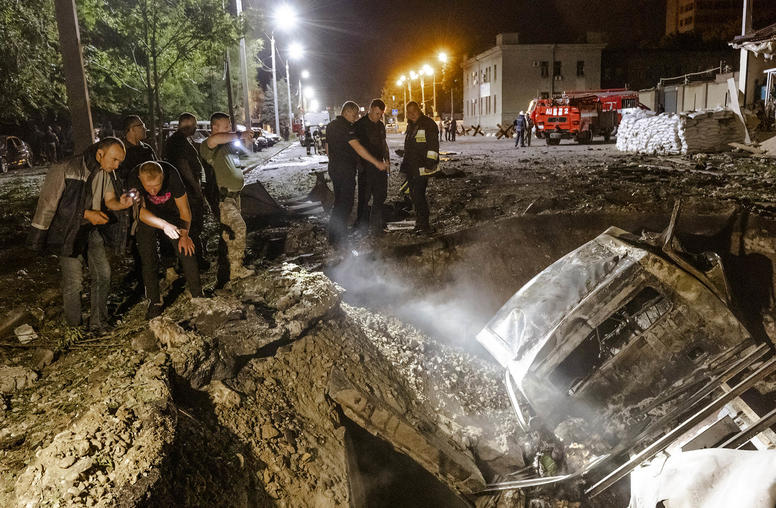
Five Ways to Make the U.S. Atrocity Prevention Strategy Work
From Ukraine to Ethiopia to Burma and beyond, people around the world suffer mass atrocities and the immense harm these crimes inflict on victims and survivors. Yet, the United States had no articulated strategy to prevent these atrocities — until now. In July, the Biden administration announced the “U.S. Strategy to Anticipate, Prevent, and Respond to Atrocities,” marking a hopeful moment. However, hard work remains to operationalize the strategy, including in maintaining the political will to realize an effective prevention agenda.
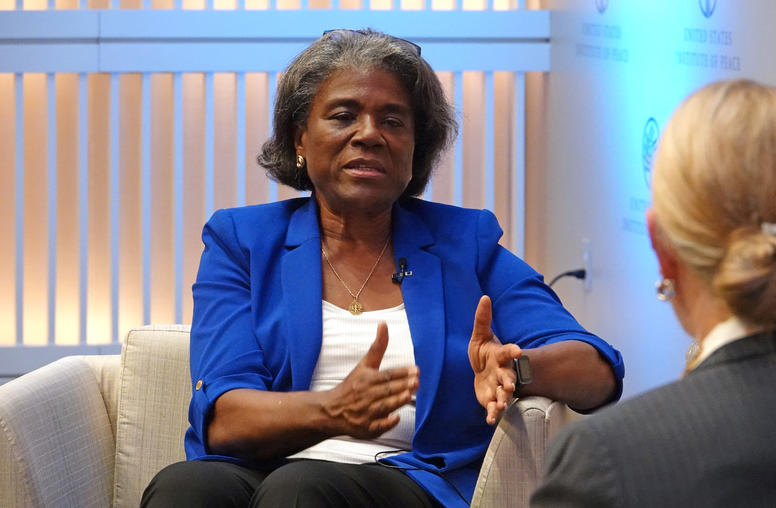
At 70, Refugee Convention Faces Many Challenges, Says Ambassador Thomas-Greenfield
Seventy years after its ratification, the Convention of Refugees remains an important pillar of the international system. Every day, conflict, hunger, economic deprivation and climate change are forcing people around the world to flee their homes in search of a better life. It is critical, therefore, that the international community uphold their obligations under the convention, while elevating efforts to address the root causes of migration, according to U.S. Ambassador to the United Nations Linda Thomas-Greenfield.
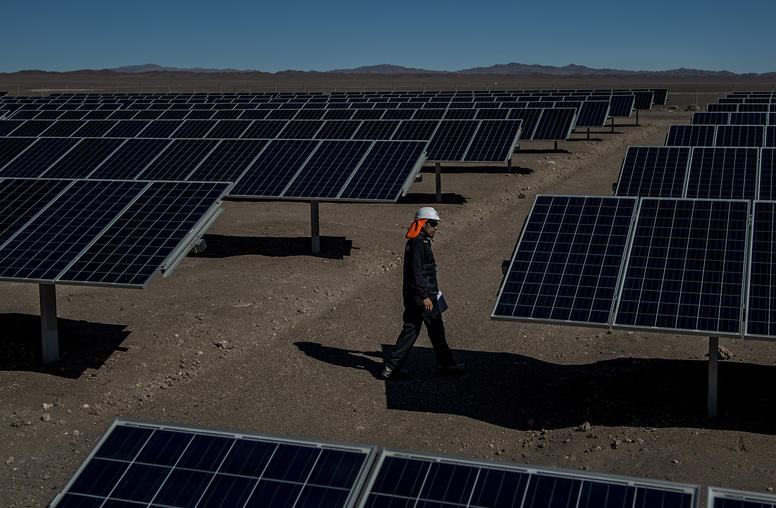
Navigating Land Rights in the Transition to Green Energy
With the global energy sector responsible for two-thirds of carbon dioxide emissions, renewable energy has enormous potential to mitigate the impacts of the climate crisis while simultaneously addressing energy poverty in developing states worldwide. However, clean energy development is far from smooth sailing, as renewable energy infrastructure requires ten times more land than the fossil fuel equivalent to generate the same power.
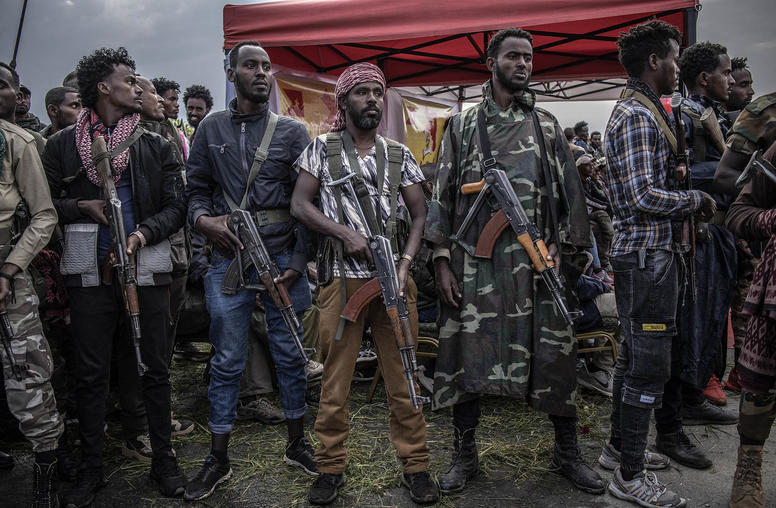
U.S. Urges Ethiopia to ‘Give Peace a Chance’
The United States’ top priority is the “unity and integrity of the Ethiopian state” and its “commitment to the Ethiopian people,” U.S. Special Envoy for the Horn of Africa Jeffrey Feltman said at the U.S. Institute of Peace in Washington on November 2. Noting that the average civil war lasts 20 years, Feltman said a war that long would be disastrous for Ethiopia and urged all parties to the conflict to “give peace a chance.”
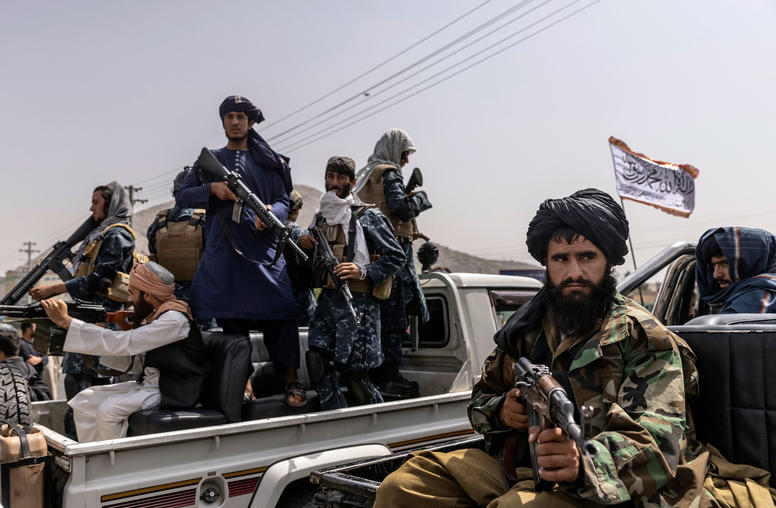
Winter is coming in Afghanistan. Are the Taliban ready?
Nearly three months after the Taliban’s rapid takeover, Afghanistan is descending toward one of the world’s worst humanitarian crises with an economy in freefall. As the harsh winter season looms, aid agencies have warned that over half the country’s population — a staggering 22.8 million people — will face acute food insecurity, including 3.2 million children under five. Now in power, the Taliban’s failure to deliver basic services is exacerbating this dire humanitarian situation. But immediate relief is a distant prospect as the Taliban deliberate on how to govern the country and the international community mulls over how to engage and pressure the fledgling government.
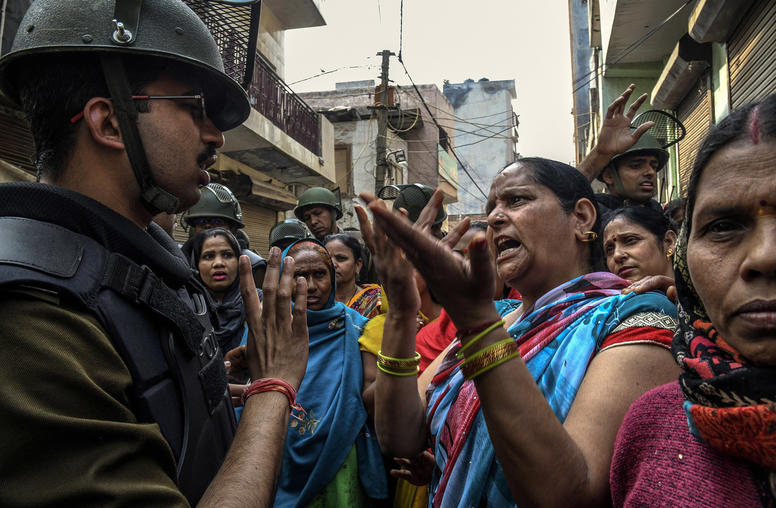
Unrealized Ideal: 40 Years After a Seminal Declaration on Religious Freedom
Anniversaries serve as natural inflection points, opportunities for introspection, to take stock and to consider where to go next. November 25 marked the 40th anniversary of the 1981 U.N. Declaration on the Elimination of All Forms of Intolerance and of Discrimination Based on Religion or Belief. Despite its unwieldy name, the aim was simple: to promote freedom of religion or belief and condemn discrimination based on faith. The 1981 Declaration was a culmination of almost four decades of U.N. efforts to develop international legal protections for freedom of belief to defend minorities from persecution. Forty years later, however, almost two-thirds of humanity live in countries with restrictions on the practice of faith.